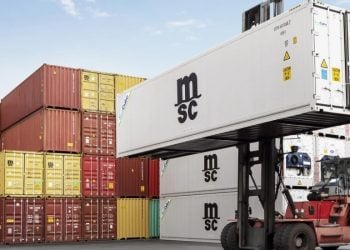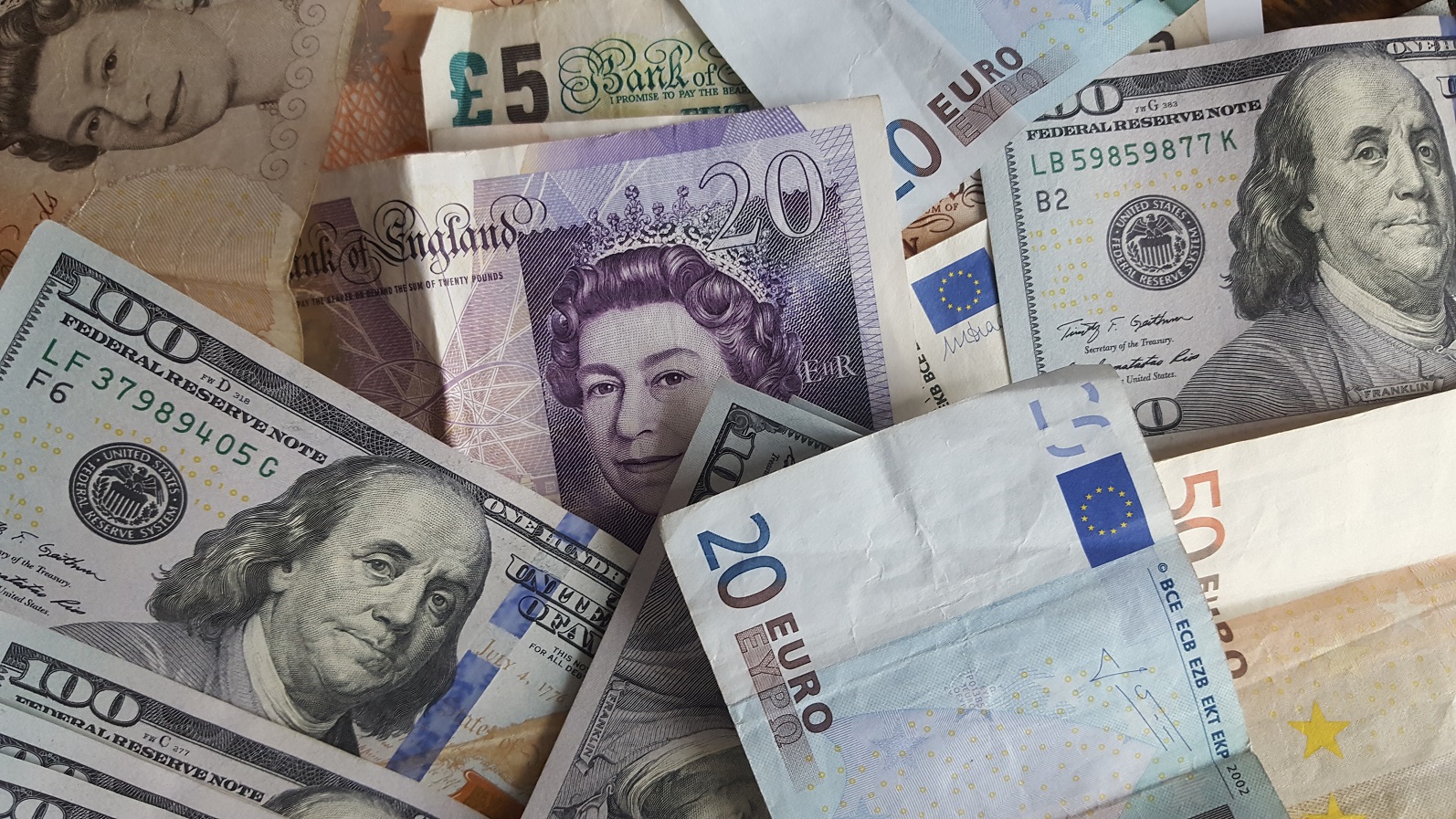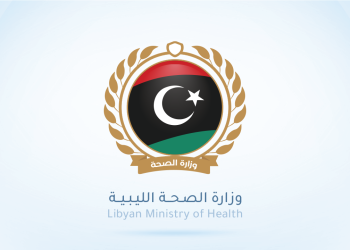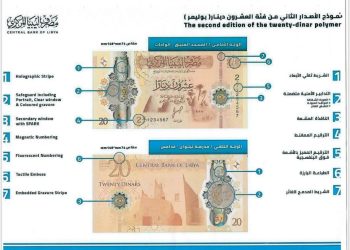The UNDP Libya revealed that its Libya Accelerator Lab is to approach Libya’s longstanding economic diversification challenge in an innovative way through strategic foresight.
Economic diversification has long been a topic of discussion in Libya. At times, it was considered a luxury to address, while at other times, it was viewed as a necessity, the UNDP said.
Engaging with the global Accelerator Lab network
By engaging with the global Accelerator Lab network, the UNDP Libya Accelerator Lab said it gained valuable insights into the power and beauty of deploying foresight and future thinking as innovative strategies. These methods, proven effective in addressing various development challenges worldwide, inspired the Libya Accelerator Lab to explore untapped economic opportunities in Libya.
In collaboration with the Ministry of Economy —specifically through its Modelling and Institutional Excellence Bureau and the Department of Private Sector Development and Investment — the Libya Accelerator Lab co-created thematic interactive learning circles.
These circles, fostering an environment for collaboration, innovation, and co-creation, focused on six key economic sectors most viable for diversifying Libya’s economy:
1-Tourism – Tapping into adventure and medical tourism
The UNDP Libya Accelerator Lab proposed that Libya’s unique landscape and cultural heritage present a golden opportunity for adventure tourism. By focusing on medical tourism in scenic areas and promoting adventure activities, Libya can attract both domestic and international visitors.
2-Technology – Embracing the digital economy
The technology sector is ripe for transformation, the UNDP Libya Accelerator Lab said. By fostering public-private partnerships (PPP) and implementing inclusive, fair legislation, it felt Libya can transition to a digital economy that drives innovation and growth.
3-Renewable energy – Harnessing renewable energy as a path to sustainability
With abundant natural resources, the UNDP Libya Accelerator Lab reported that Libya has the potential to transition to renewable energy. By removing barriers for private sector participation and establishing supportive regulatory frameworks, it can achieve affordable and clean energy for all.
4-Transit trade – Boosting the untapped Transit Trade and connecting Libya to the world Libya’s strategic location offers significant potential for transit trade and air transport, the UNDP Libya Accelerator Lab reported. By developing infrastructure and enhancing transport networks, Libya can position itself as a global logistics hub.
5-Food industry – Transforming the food industry
The food sector in Libya faces significant hurdles, but there are promising avenues for growth. By cultivating resilient crops and aligning education with market needs, Libya can enhance the quality of its food products and build a competitive industry. Encouraging women’s participation in agriculture and food production can drive economic growth and foster more inclusive and sustainable food systems, the UNDP Libya Accelerator Lab said.
6-Finance – Building a sustainable financial system
Addressing the challenges in the financial sector is crucial for economic resilience, the UNDP Libya Accelerator Lab said. Supporting small and medium-sized enterprises (SMEs) and promoting e-financial systems and services can pave the way for a more digitally inclusive financial landscape.
When Collective Intelligence Meets Foresight
Using a ‘‘collective intelligence approach’’, the Libya Accelerator Lab brought together a diverse group of 65 participants, including government officials, industry leaders, academics, and private sector representatives. Their diverse perspectives enriched the learning experience, the UNDP Libya Accelerator Lab reported. Notably, experts brought critical insights, underscoring the importance of inclusive strategies. Through the Three Horizons framework, participants adopted a long-term perspective on Libya’s economic challenges and opportunities.
Additionally, rehearsal sessions were conducted in collaboration with the Ministry of Economy and UNDP Libya Country Office, where a group of staff directly engaged in the learning process, while many others indirectly benefited from their participation. The discussions were structured around tailored questions for each sector, guided by the educational materials and facilitators, ensuring that the insights gained were relevant and actionable for all involved.
The Three Horizons conversations focused on identifying current challenges, envisioning a diversified future economy, and exploring innovations to drive the transition. Through interactive sessions, participants shared insights and crafted sector-specific visions, enhancing the relevance and impact of the discussions. Tailored materials, including a video on the Three Horizons model, supported the process and increased awareness of foresight practices across the country.
The Three Horizons model, the UNDP Libya Accelerator Lab said, illustrates Libya’s journey toward a sustainable and diversified economy.
Horizon 1 highlights the urgent need for change, driven by the question: what are the signs that the economic system we have today is no longer fit for the future?
Horizon 3 envisions a resilient future for Libya characterized by a diversified economy. In this phase, discussions about the possibilities ahead took part, asking: What visions of the future can we imagine for Libya? This horizon represents the aspirations and the potential pathways toward a more resilient economic landscape.
Between Horizons 1 and 3 lies Horizon 2, where the transition occurs. Here, the uncertain question were confronted: What innovations are already disrupting the current landscape, and how can we support their growth? This is the critical space where entrepreneurs and governments can experiment with new ideas to shift the economy away from its dependence on oil and towards more sustainable sources.
Unlocking Six Opportunities
Each learning circle, the UNDP Libya Accelerator Lab reported, engaged in dynamic discussions on specific topics relevant to the participants’ backgrounds, culminating in inspiring storytelling sessions. In these sessions, each group shared their vision for Libya’s economy, highlighting how the strengths of various sectors can drive innovation and collaboration to unlock six opportunities that can shape Libya’s future prosperity.
.
UNDP and Ministry of Marine Resources to diversify Libyan economy through blue economy initiatives
UNDP workshop on energy efficiency standards for electric water heaters
UNDP organises workshop to develop Libya’s energy-efficient building codes
UNDP organises photovoltaic systems training in Cairo for key Libyan stakeholders
UNDP holding workshop on private sector engagement (libyaherald.com)












